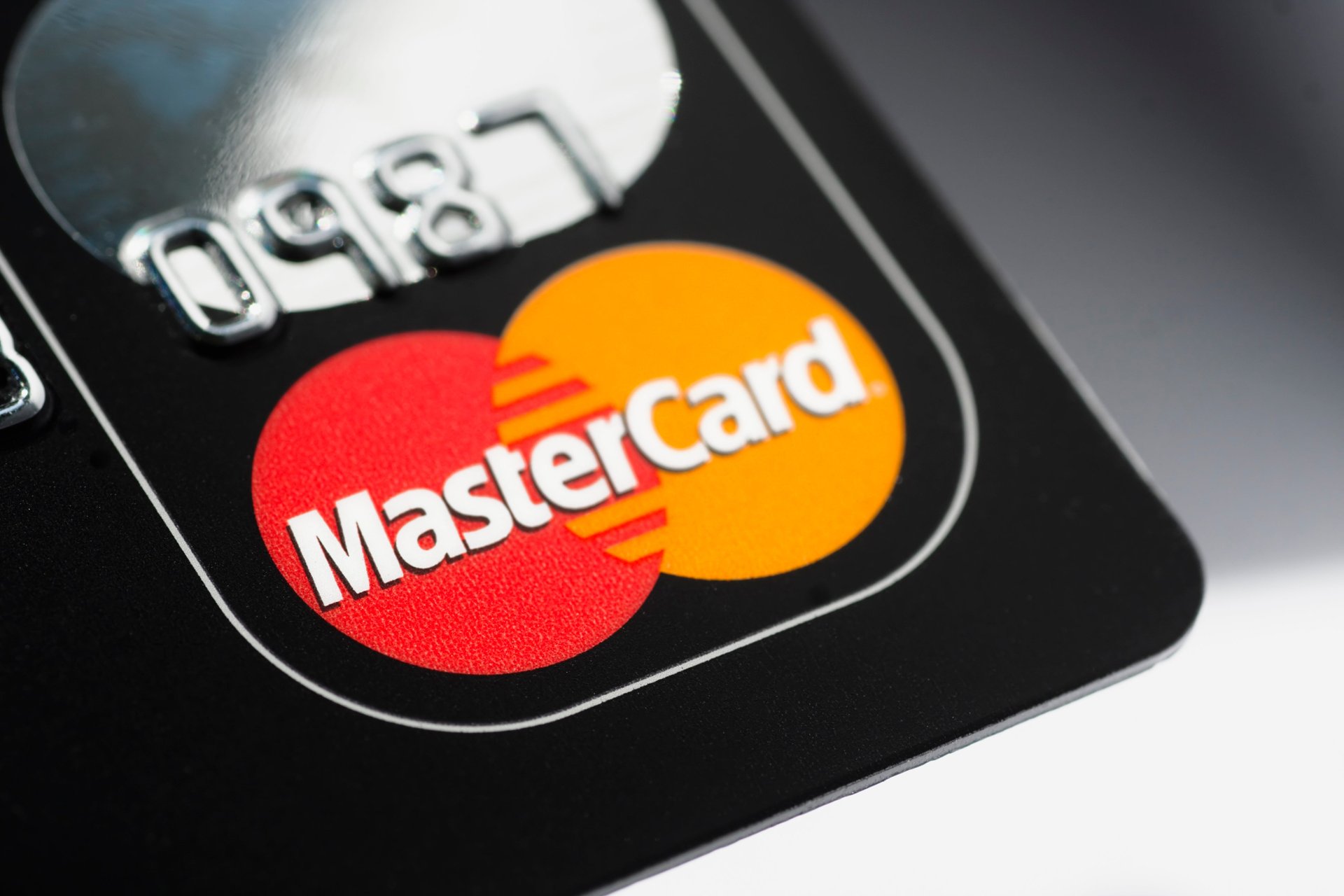Mastercard doesn't expect consumers to stop spending anytime soon
Global purchase volume reached $1.97 trillion in the second quarter

Consumer spending is holding up despite high prices and growing political uncertainty in markets around the globe. Don’t believe it? Just ask Mastercard.
Suggested Reading
Global purchase volume at the company climbed more than 7% from a year ago to $1.97 trillion in the three months ending June 30, Mastercard reported Wednesday. Chief executive Michael Miebach thanked “continued healthy consumer spending” for double-digit revenue and profit growth in the quarter.
Related Content
“We see healthy consumer spending and don’t see that changing in the short term,” Miebach said in a call with analysts Wednesday morning. Shares of Mastercard climbed as much as nearly 6% during morning trading. They were up 2.4% as of mid-day.
In the U.S., signs of a cooling labor market, and still-high price levels and interest rates, could pose some risks to consumer spending — although declining inflation and one or two interest rate cuts later this year could help offset that. As a result, Mastercard remains positive about the growth outlook, Miebach said.
While consumer health varies from country to country, where economic outcomes during the last quarter ranged from small recessions to interest rate increases, Miebach said the consumer is being bolstered by a strong labor market and some wage growth.
Consumers across the board are trying to “make things add up and work for them,” he said — and they’ll still take that summer trip, even if it means cutting back on spending elsewhere.
“What we generally see though, as a function of the digital economy, the higher-end consumer, but certainly the mid-income and lower income consumer is much more empowered by having more data and the ability to look for a better deal,” he said
Cross-border volume also grew 17% year-over-year on a local currency basis.
Mastercard has particular insight into consumer health, given its global reach and massive share of the payments market. As of June, 3.4 billion Mastercard and Maestro-branded cards have been issued by banks and Mastercard’s other customers.
Despite signs of healthy spending, Americans still aren’t feeling entirely optimistic about the U.S. economy. The University of Michigan survey of consumer sentiment found that U.S. sentiment “remains guarded,” due to persistent inflation and looming uncertainty about this year’s presidential election.
